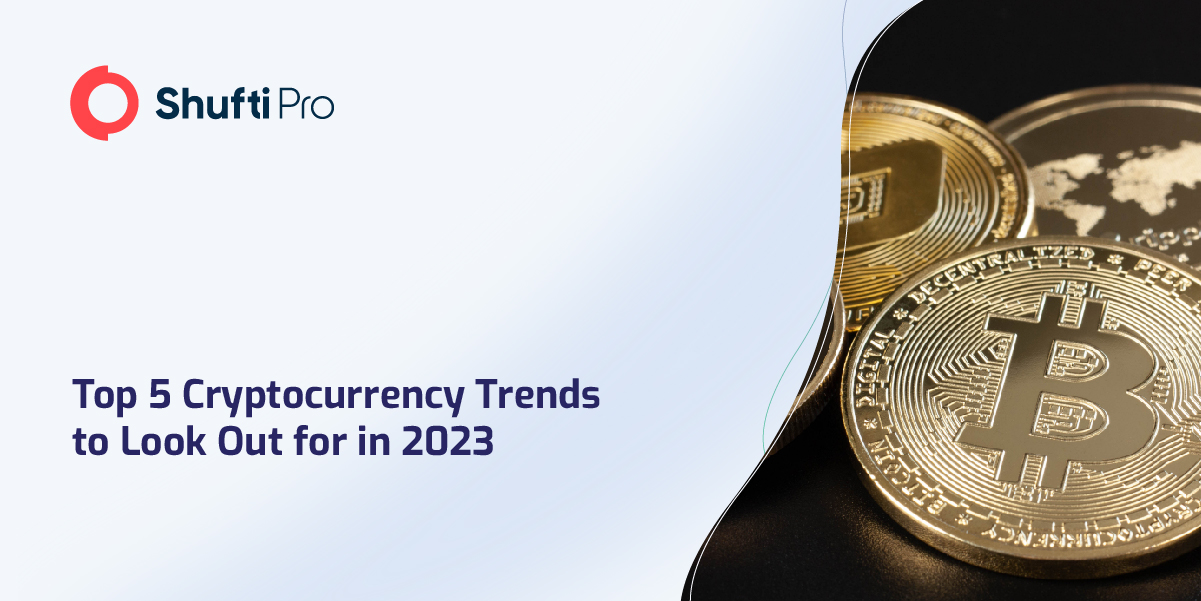Blggzz: Your Daily Dose of Insight
Stay updated with the latest news and informative articles.
Virtual Currency Trends You Didn't See Coming
Discover the surprising virtual currency trends reshaping the market! Don’t miss these game-changing insights that could boost your investments!
Emerging Virtual Currencies Set to Disrupt the Market in 2024
As we move into 2024, the landscape of the financial market is set to be transformed by a wave of emerging virtual currencies. These digital assets are built on blockchain technology, which ensures transparency and security. Among the most talked-about currencies are central bank digital currencies (CBDCs), which are expected to gain significant traction as governments look to modernize their financial systems. Reports indicate that countries such as China and Sweden are already piloting their digital currencies, and if successful, this could pave the way for other nations to follow suit.
Additionally, several new decentralized finance (DeFi) tokens are entering the market, promising to disrupt traditional banking systems by offering innovative financial services. These currencies focus on eliminating intermediaries, thereby lowering transaction fees and speeding up cross-border transactions. Some notable contenders include Ethereum 2.0 and Polygon (MATIC), which are continuously being developed to handle increased transaction volume as adoption grows. As we approach 2024, it's essential for investors and enthusiasts to keep an eye on these digital currencies, as they may redefine the way we perceive value and conduct transactions on a global scale.

Counter-Strike is a popular tactical first-person shooter game franchise that focuses on team-based gameplay. Players can join either the Terrorist or Counter-Terrorist teams and engage in various objective-based scenarios. If you're looking for a way to enhance your gaming experience, check out this csgoroll promo code for exciting bonuses and rewards.
Top 5 Unexpected Trends in Virtual Currency You Need to Know
The world of virtual currency is constantly evolving, and staying informed about emerging trends is crucial for investors and enthusiasts alike. One unexpected trend is the rise of **decentralized finance (DeFi)** platforms that are rapidly gaining traction. These platforms leverage blockchain technology to recreate traditional financial systems like lending and trading without intermediaries. As more users embrace the idea of self-custody of assets, DeFi is expected to disrupt traditional finance significantly, making it a critical area to watch.
Another intriguing trend is the increasing integration of **NFTs (non-fungible tokens)** into various sectors beyond just art and collectibles. Businesses are exploring the use of NFTs for authenticating ownership in sectors such as real estate, music, and gaming. This shift opens up new avenues for monetization and user engagement, demonstrating that virtual currency is not only about currency exchange but also about establishing value in creative and practical applications. To stay ahead, it's essential to understand how these trends are reshaping the economy.
How NFTs Are Evolving Beyond Art: What’s Next for Virtual Currency?
As the excitement surrounding NFTs continues to grow, the conversation has shifted from their initial popularization in the art world to more innovative applications across various sectors. Beyond digital art, NFTs are now being utilized in gaming, music, real estate, and ticketing systems. For instance, in gaming, NFTs can represent ownership of in-game assets, allowing players to buy, sell, or trade their items outside of the game environment. Similarly, musicians are leveraging NFTs to offer exclusive content and experiences to their fans, from unreleased tracks to VIP concert access, creating new revenue streams and enhancing fan engagement.
Looking ahead, the future of virtual currency linked to NFTs could see them integrated into more mainstream economic transactions. Industries such as real estate may adopt NFT technology to simplify property transactions through verified digital ownership records, while sectors like fashion could utilize NFTs for authenticity and provenance of luxury goods. As NFTs evolve beyond mere collectibles, they may contribute to a decentralized economy, paving the way for secure and transparent transactions where value can be easily transferred in the digital realm. This evolution will require advancements in technology and regulatory frameworks to ensure a safe and inclusive environment for all users.